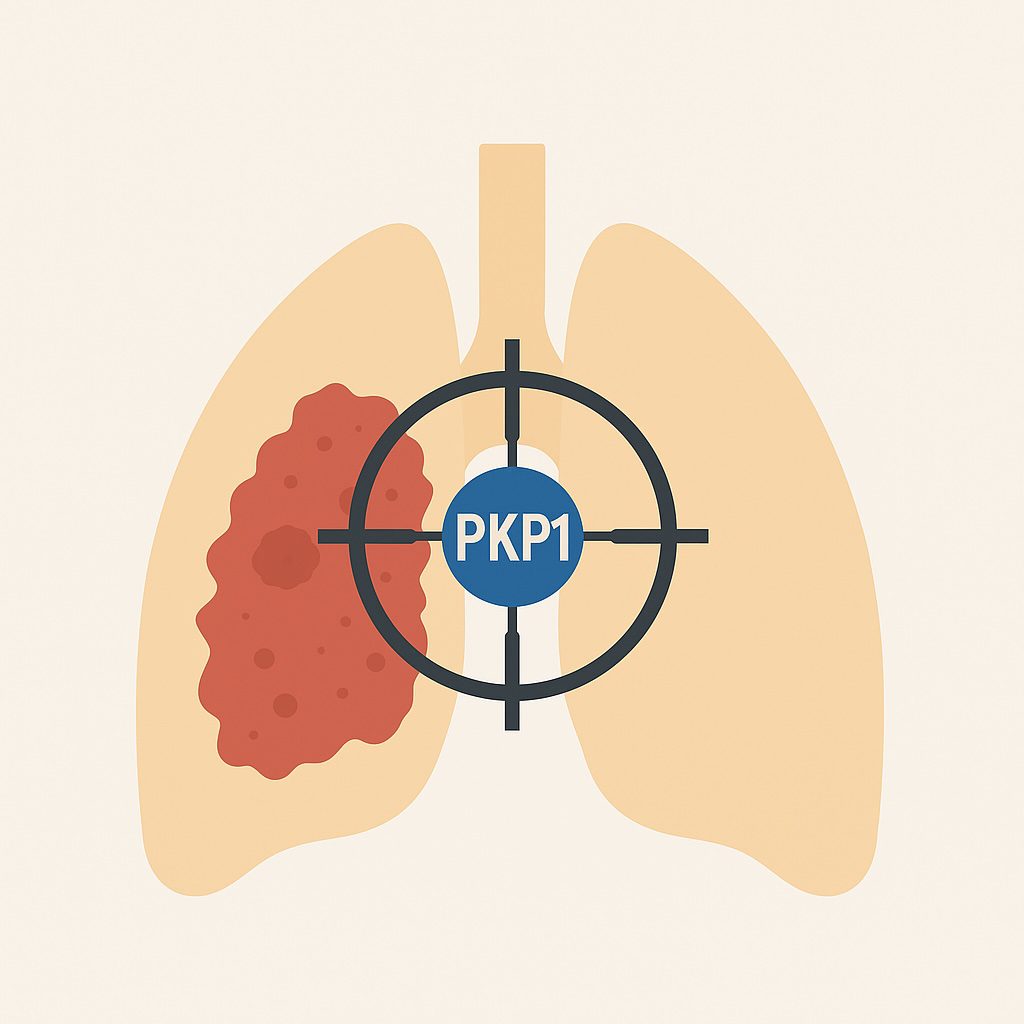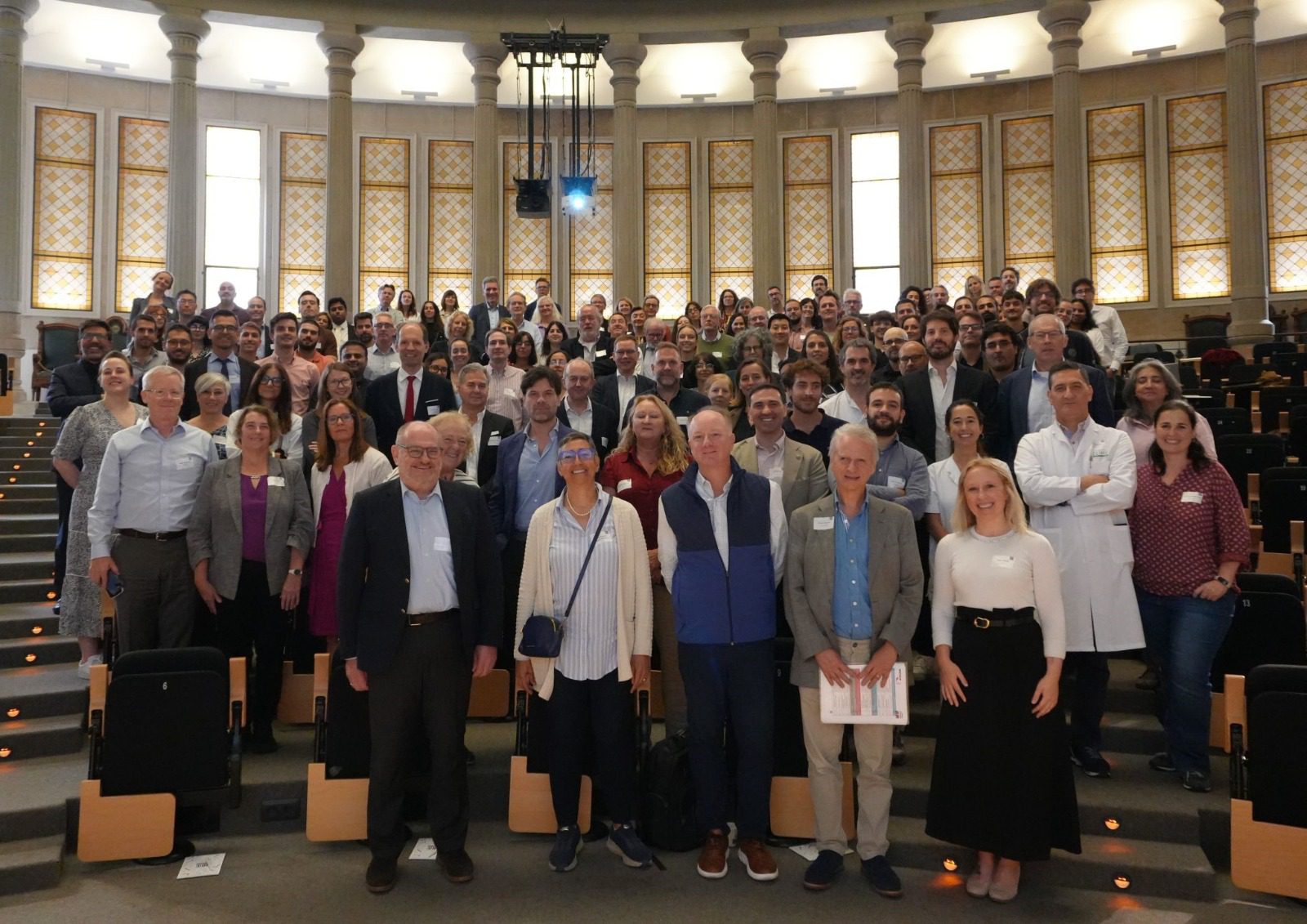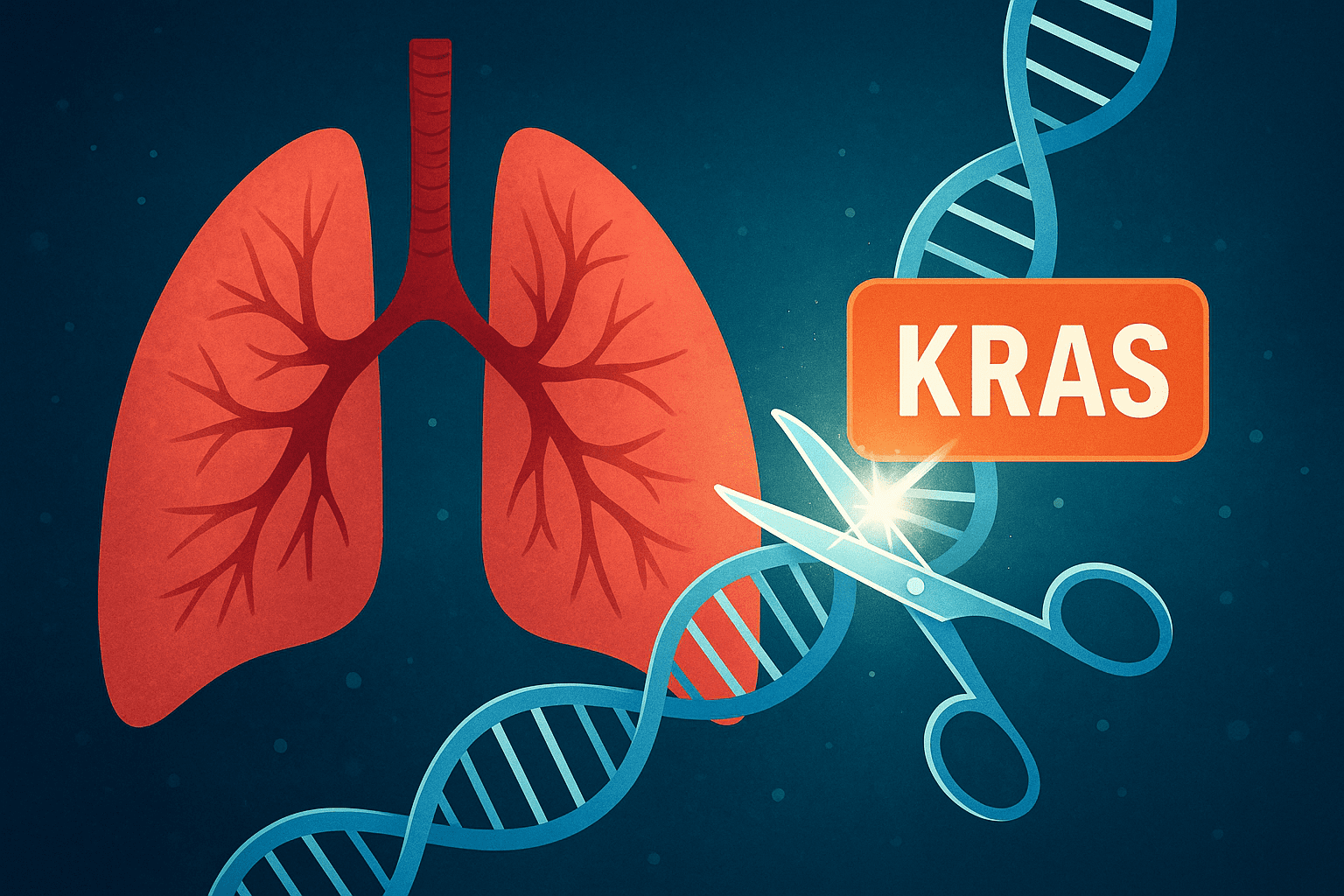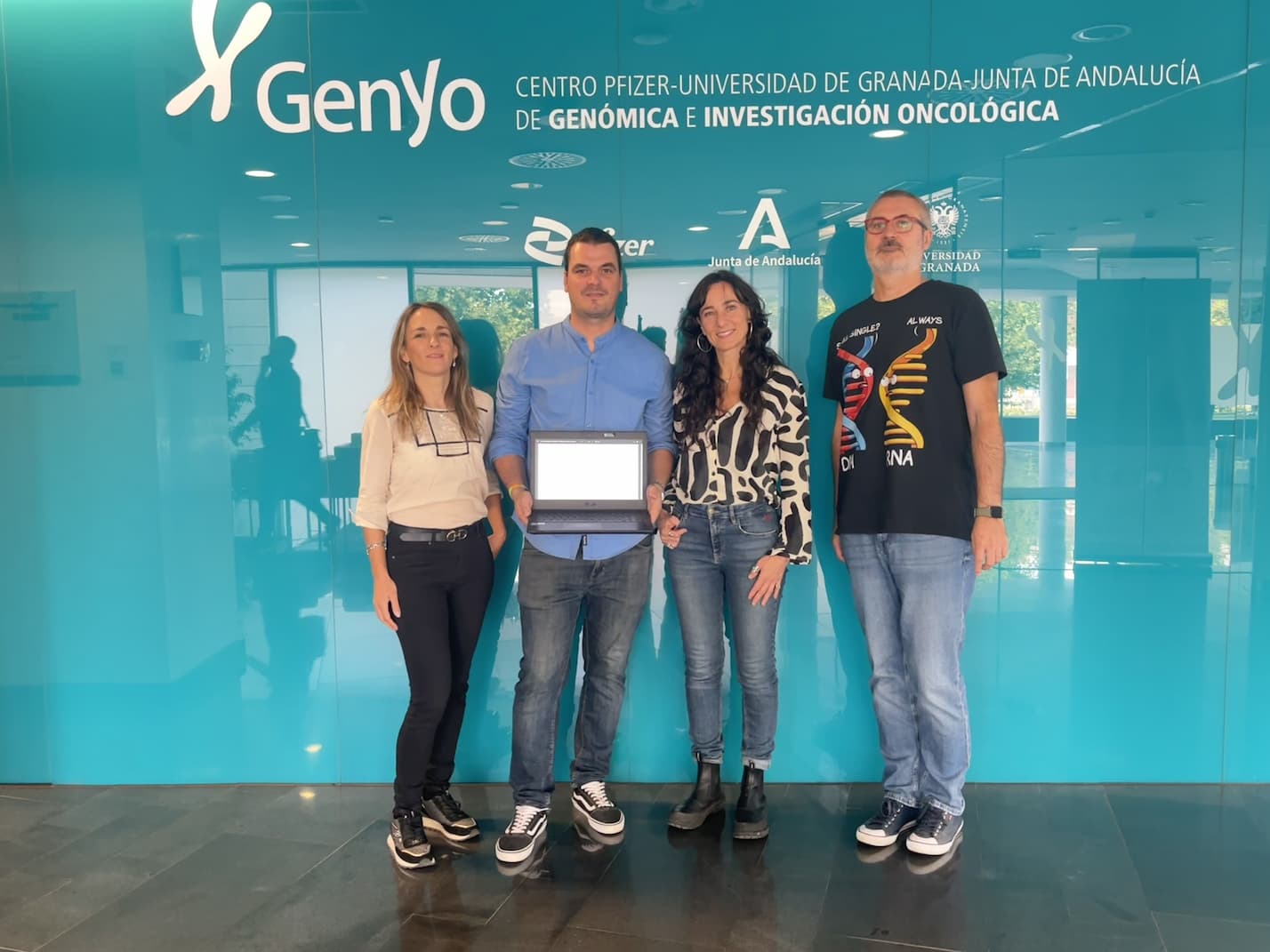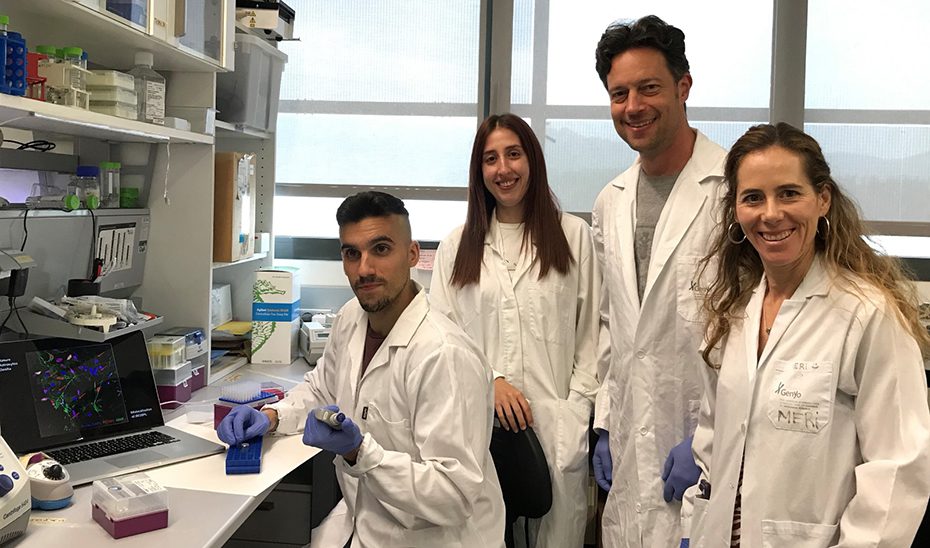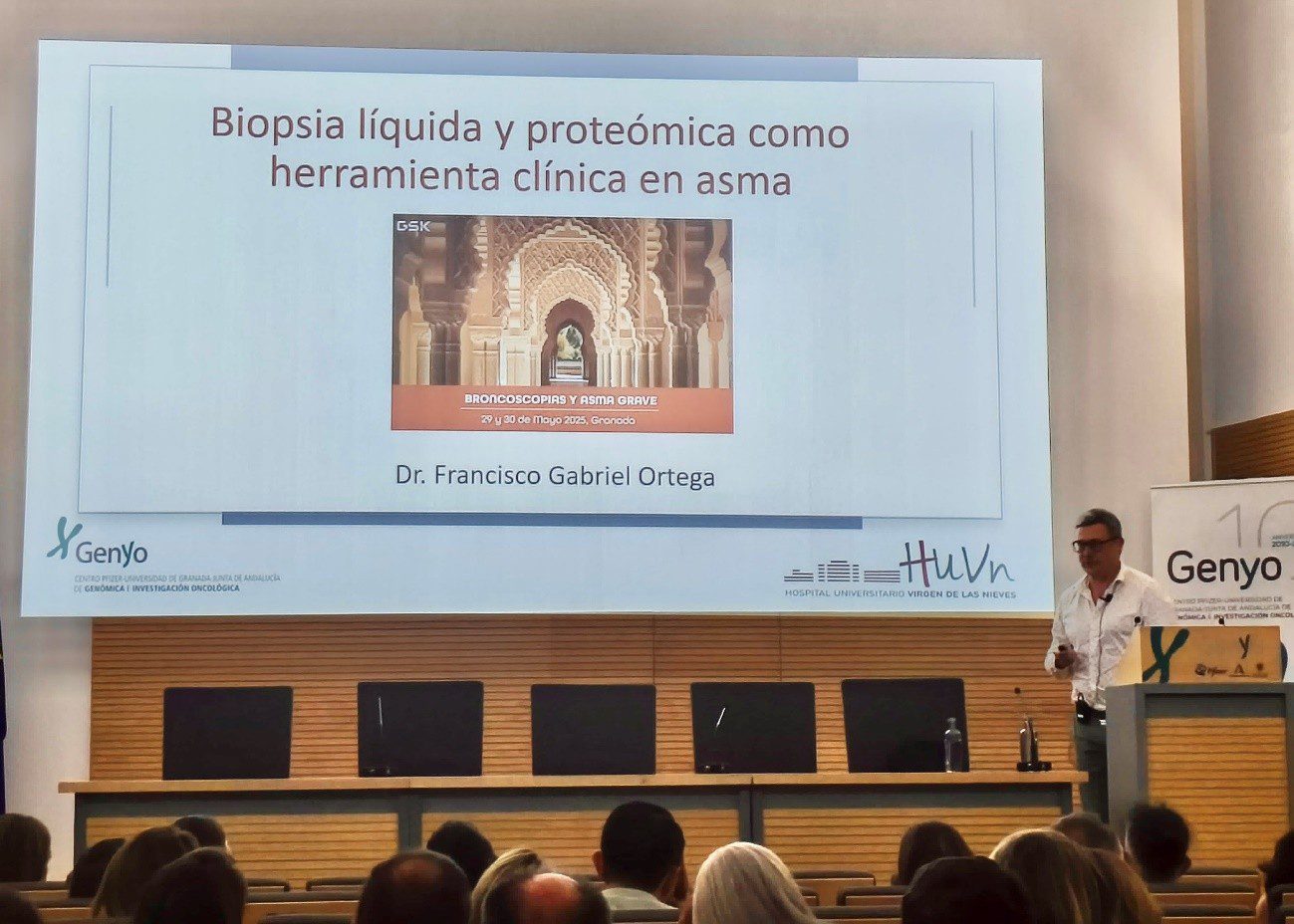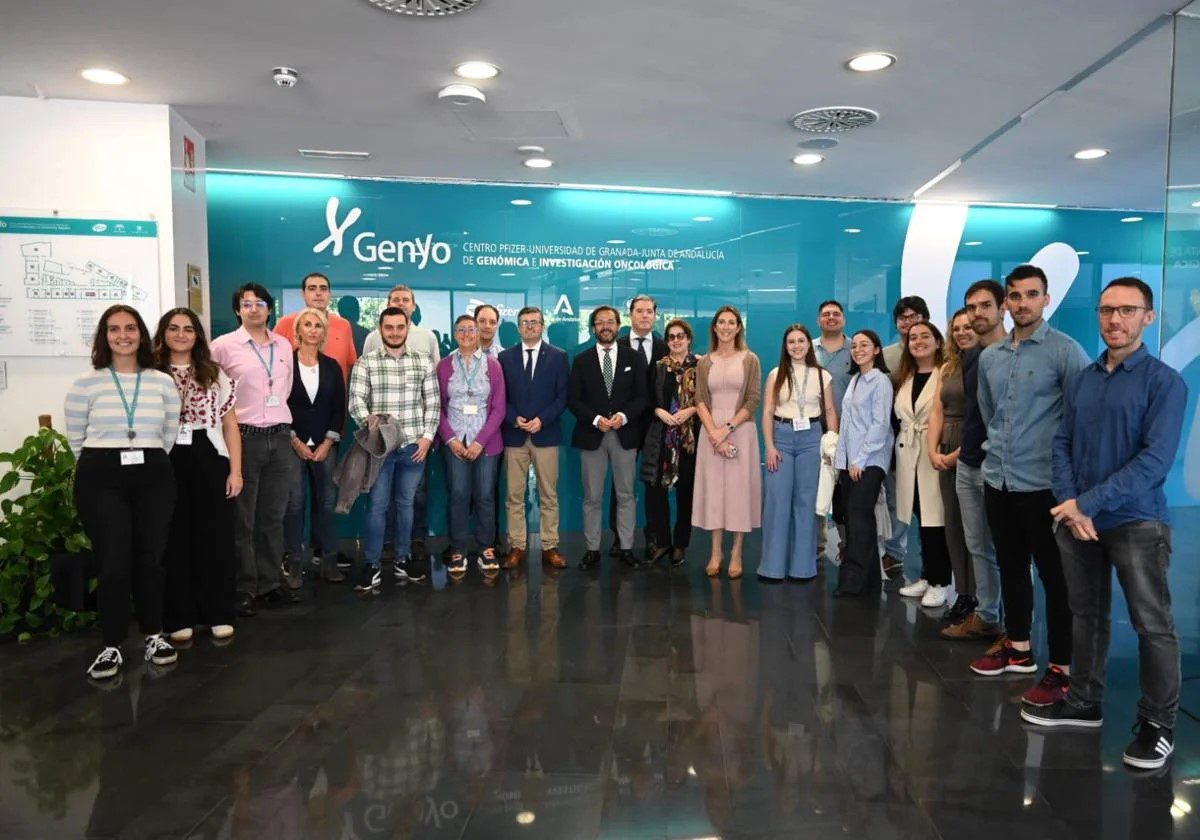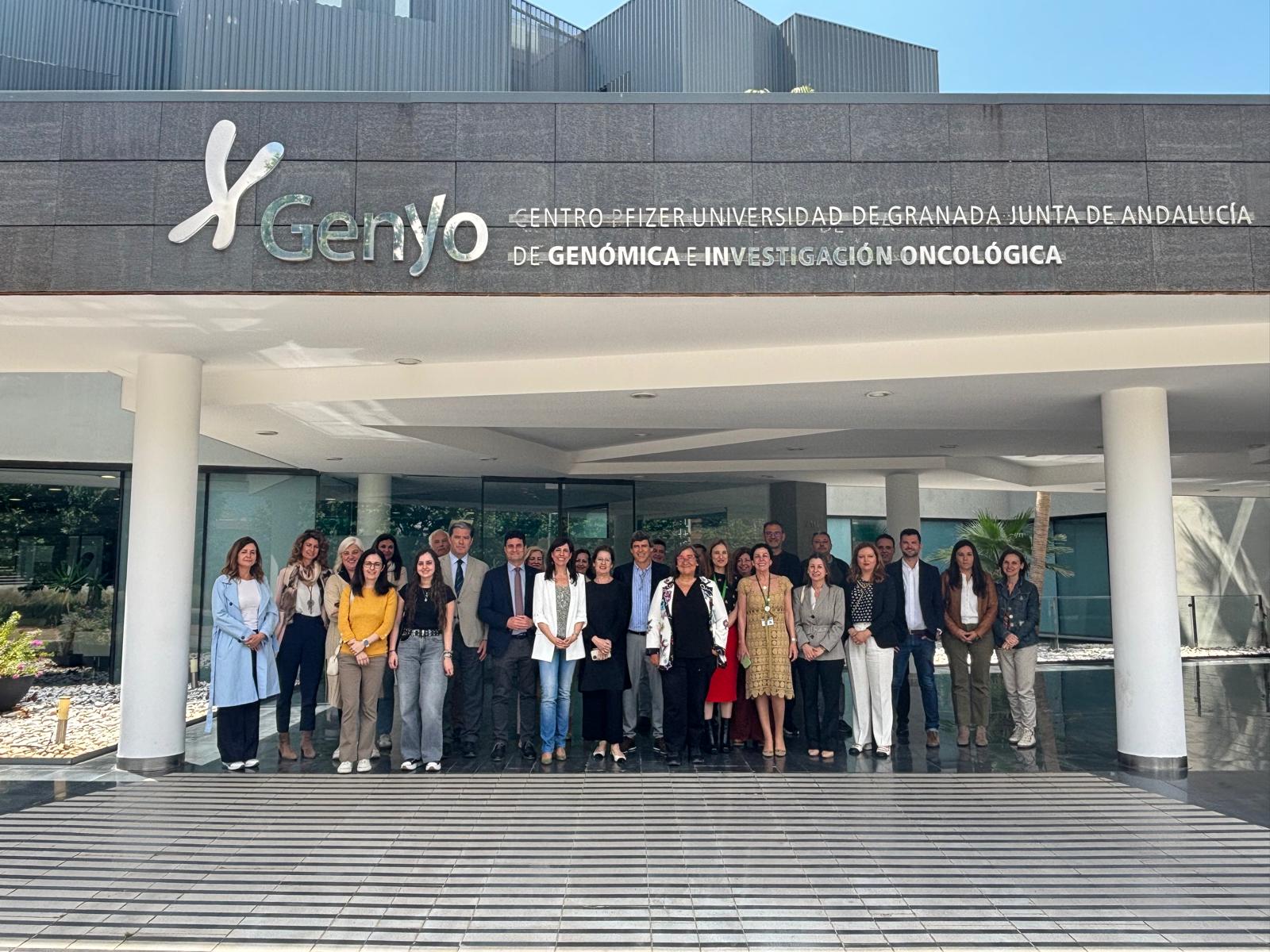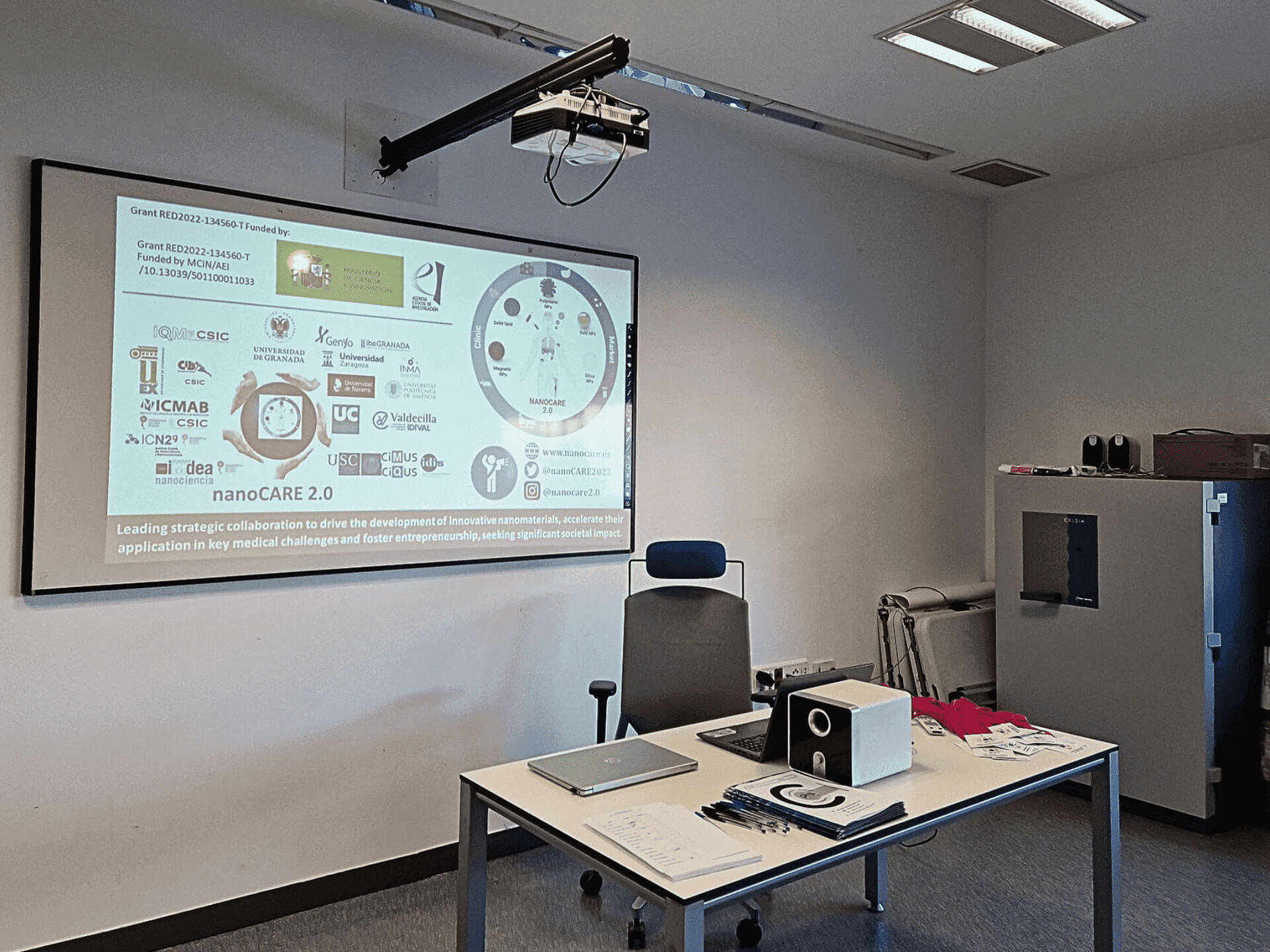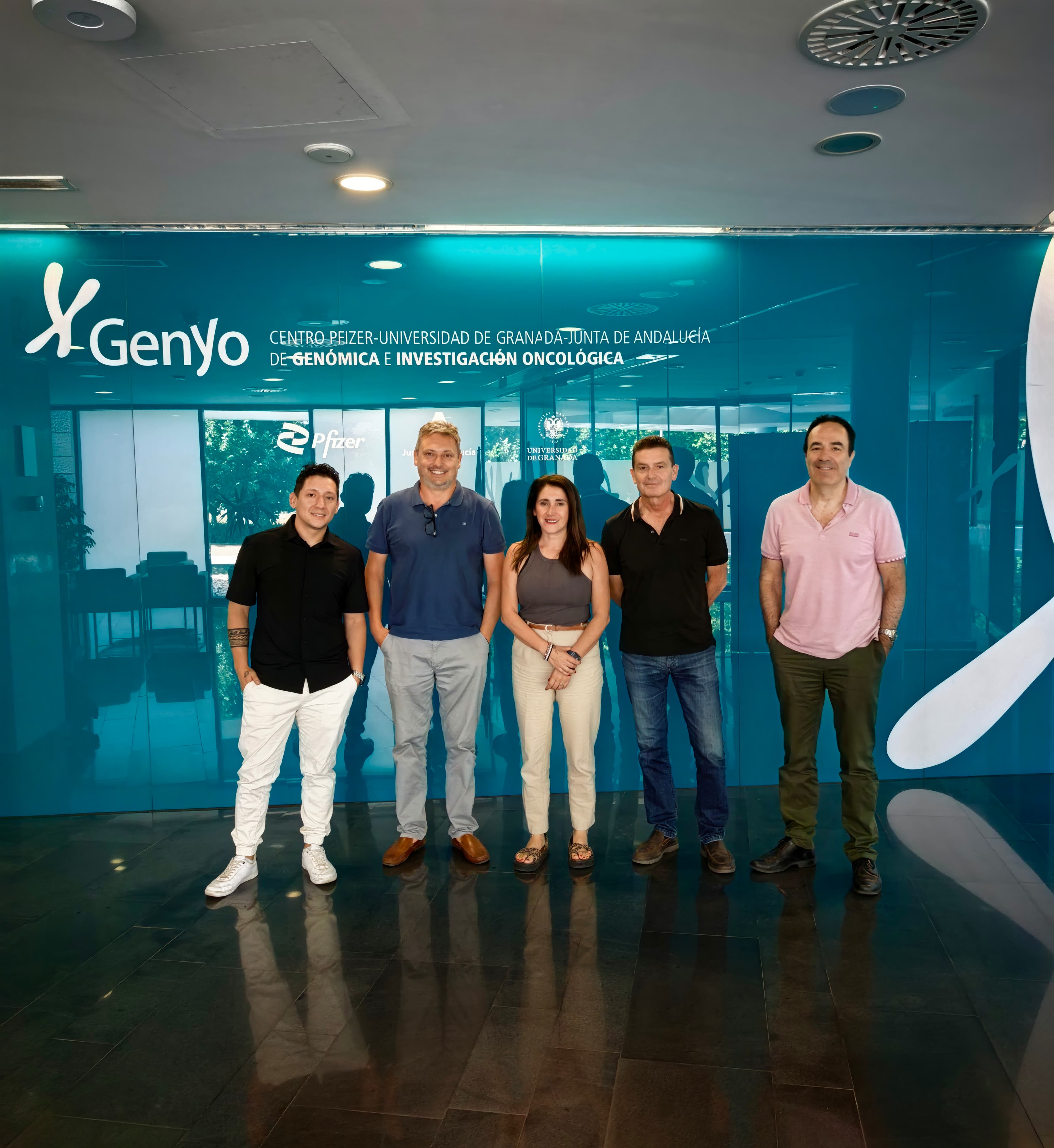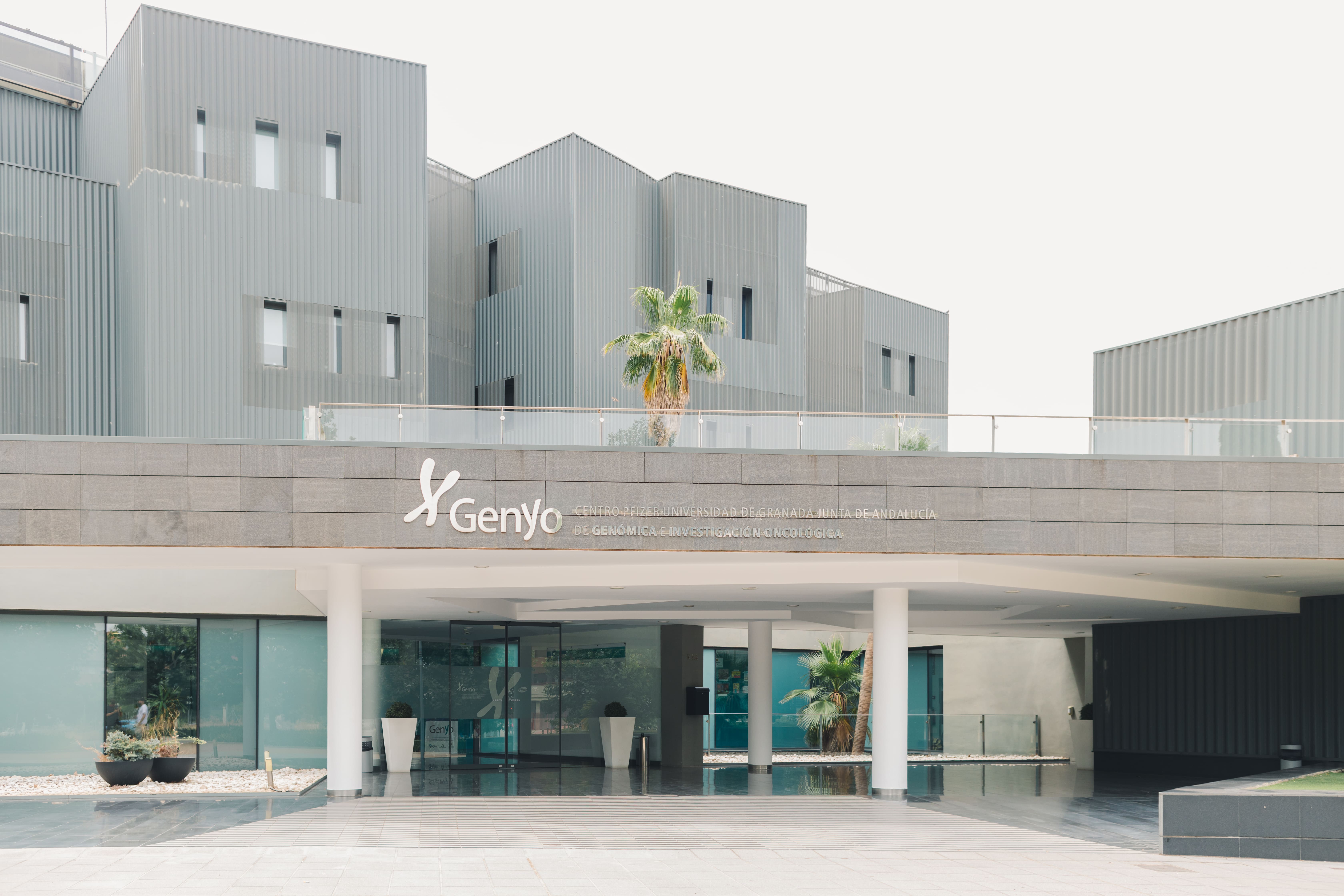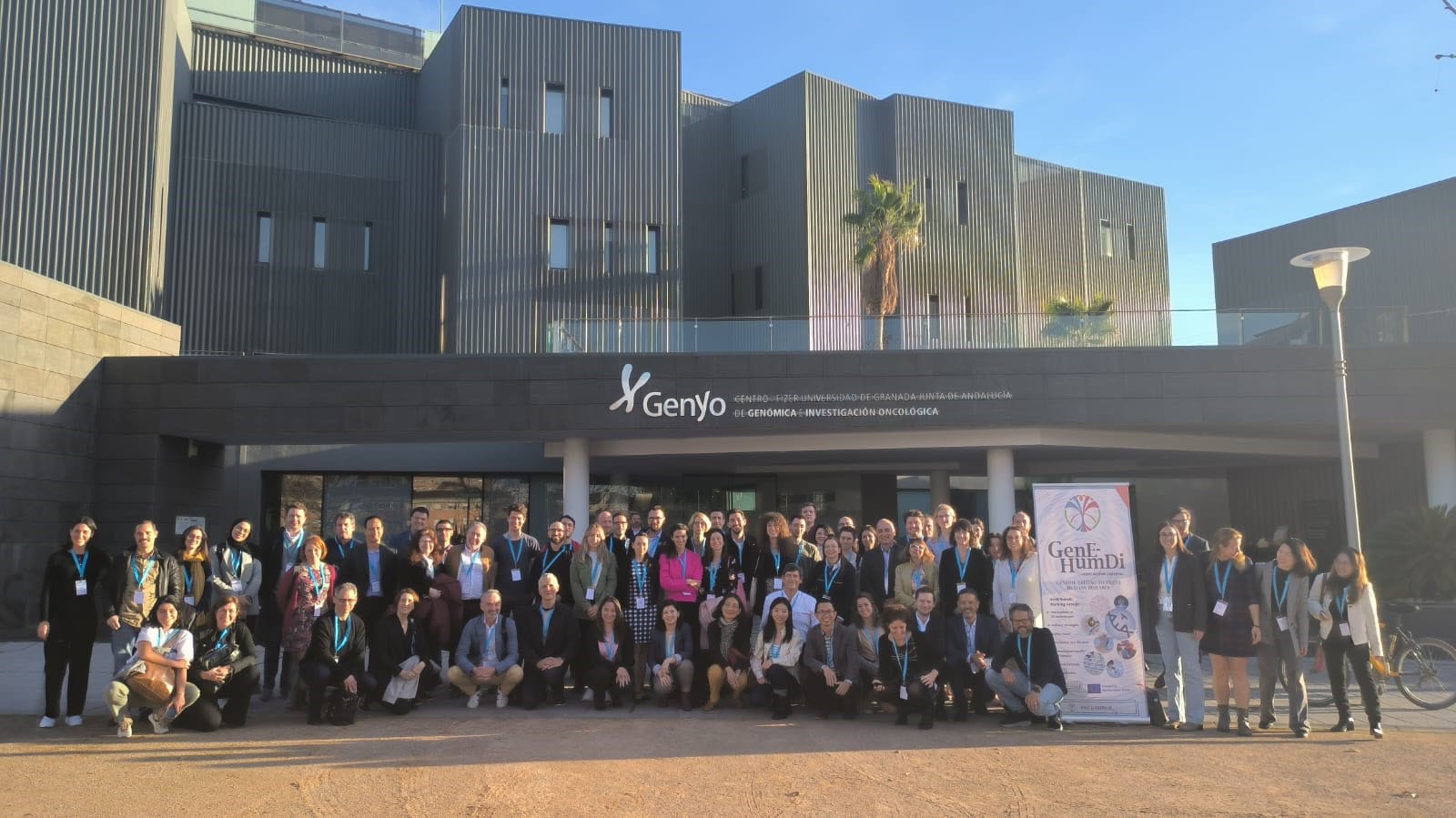
There are no projects in the garbage can.
The study identifies how the PKP1 protein helps tumour cells obtain energy and grow, opening the door to new, more precise treatments.
A new breakthrough on World Lung Cancer Day
Lung cancer is the tumour with the highest mortality rate in Spain, responsible for more than 23,000 deaths each year, and is among those with the highest incidence, especially in men, although its frequency is increasing at an alarming rate in women due to the increase in smoking in recent decades. Coinciding with International Lung Cancer Day, celebrated on 17 November, a team from the University of Granada presents a breakthrough that improves understanding of this disease and opens up new therapeutic avenues. The work is coordinated by Pedro P. Medina Vico, professor at the University of Granada, from the group ‘Regulation of gene expression in cancer’ and affiliated with GENYO and the Institute of Biomedical Research of Granada (ibs.GRANADA).
A protein that ‘feeds’ tumour cells
Researchers at GENYO (Pfizer-University of Granada-Regional Government of Andalusia Centre for Genomics and Oncology) have discovered that the protein PKP1 (plakophilin 1) helps tumour cells obtain energy and grow more rapidly. The study shows that PKP1 stabilises another essential protein, PFKP, which is responsible for controlling the entry of glucose into the metabolic pathway that cancer cells use to ‘feed’ themselves. In the absence of PKP1, cancer cells lose their energy capacity and slow down their growth, suggesting that blocking this protein could be a new therapeutic strategy against squamous cell lung carcinoma.
International collaboration and young talent
The project was developed in collaboration with Aarhus University (Denmark) and Tor Vergata University of Rome (Italy), thanks to research stays carried out by doctoral students. International cooperation has made it possible to integrate complementary approaches in molecular biology, genetic editing and cellular metabolism, strengthening the translational nature of the study.
A new approach to treating lung cancer
Professor Pedro P. Medina Vico explains that ‘this finding allows us to consider therapies that not only slow tumour growth, but also shut down the machinery that drives it. If we can block PKP1 using new generations of drugs such as PROTACs, we could damage tumour cells by cutting off the energy source they need to grow.’
Beyond its scientific relevance, this work opens the door to personalised medicine and reinforces the idea that understanding the metabolic mechanisms of cancer is key to designing more precise treatments.
Research and prevention: two sides of hope
On a day dedicated to awareness and prevention, the University of Granada and GENYO emphasise the importance of basic and translational research as a driver of progress in the fight against lung cancer. Avoiding tobacco, reducing exposure to pollutants and consulting a doctor in the event of persistent symptoms remain the most effective measures for preventing the disease, but the future also lies in science.
‘Every advance in the laboratory is another step towards therapies that improve the lives of thousands of patients, and in lung cancer, which combines a high incidence with a high mortality rate, it is even more important to continue researching to make this a reality,’ recalls Prof. Medina Vico.
Reference:
Ritoré-Salazar F., Arenas A. M., Matia-González A. M., Zaza A., Thomsen E. A., Rovsing A. B., Mikkelsen J. G., Noguera N. I., Medina P. P.
PKP1 promotes lung cancer by modulating energy metabolism through stabilization of PFKP. Biomarker Research (2025) 13:112.
DOI: 10.1186/s40364-025-00815-w
See more news


